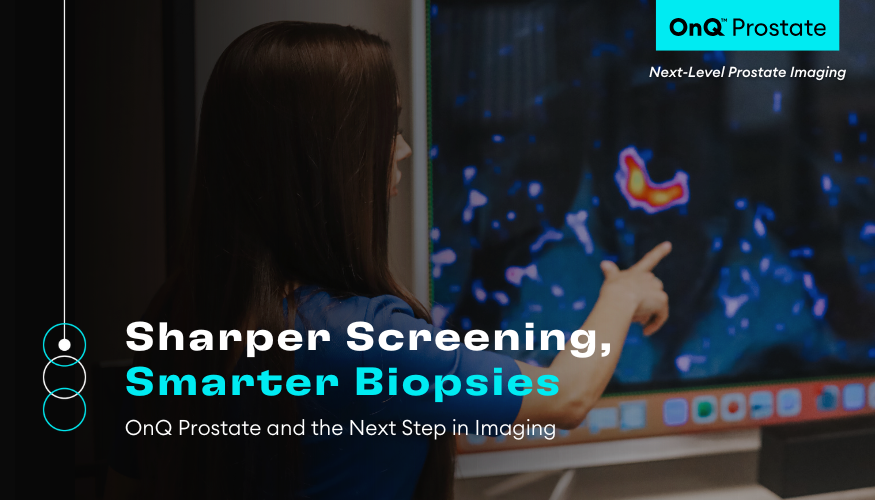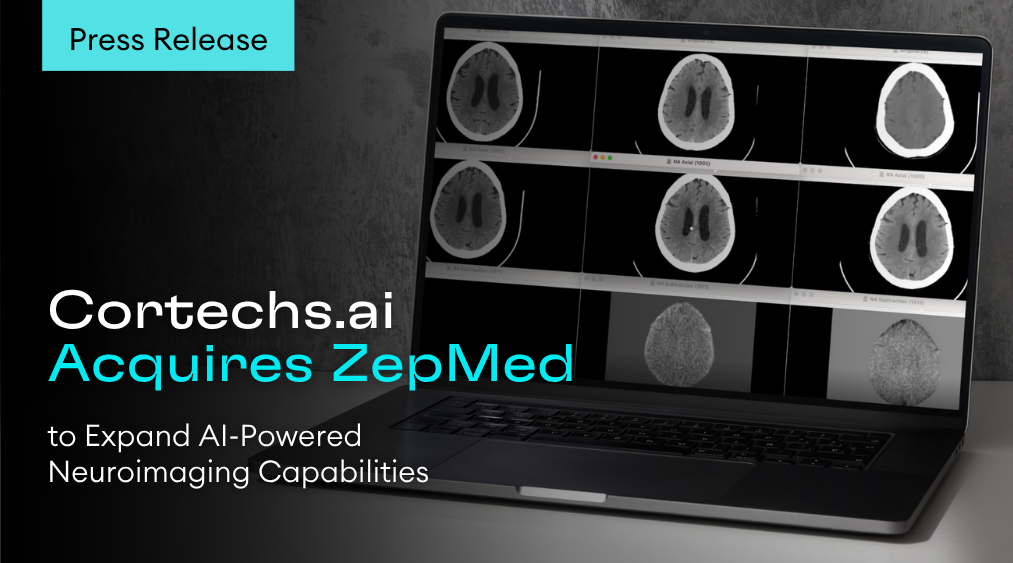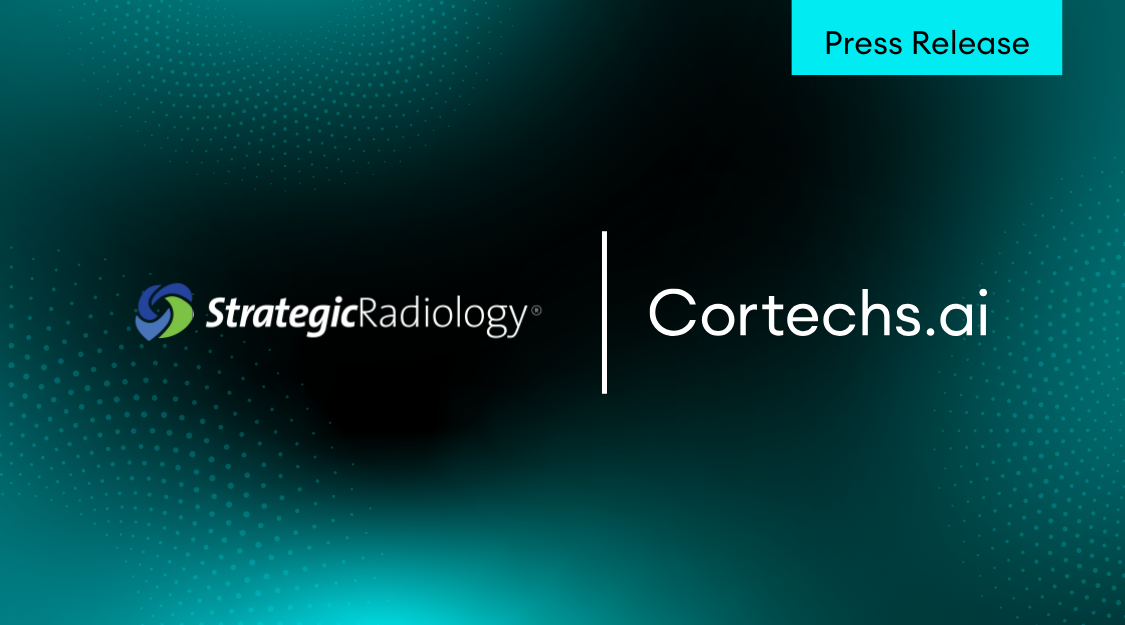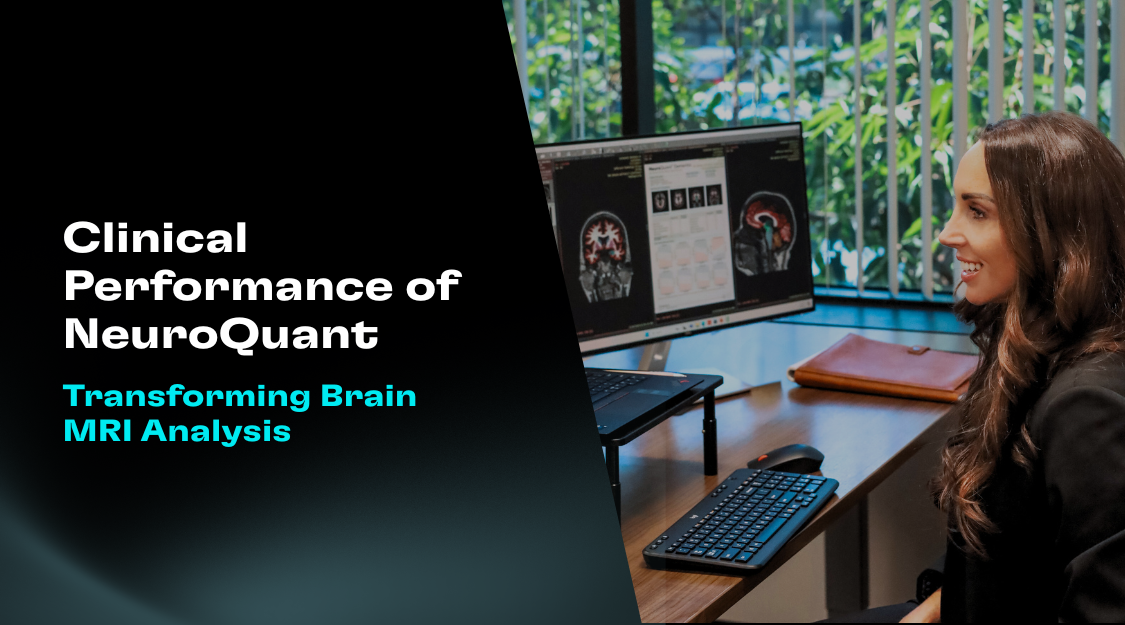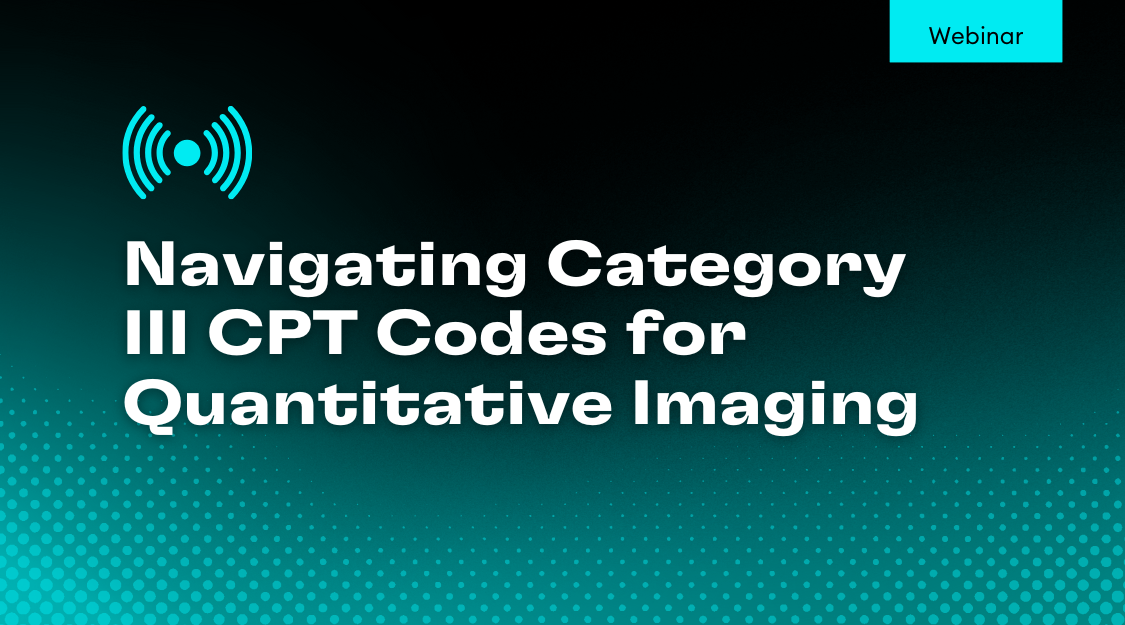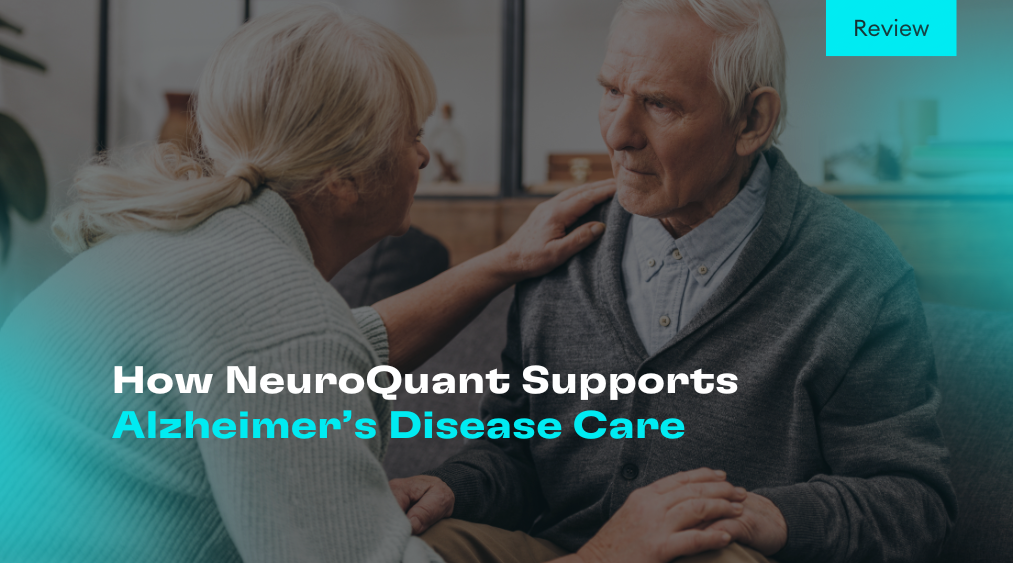The National Institute of Health awards Cortechs.ai a multi-million grant to quantify microstructural changes in Alzheimer’s Disease using Restriction Spectrum Imaging
SAN DIEGO (Aug. 10, 2022) – Cortechs.ai has received a $1.35 million, 2.5-year grant from the National Institutes of Health (NIH), National Institute on Aging to advance Alzheimer’s Disease (AD) diagnosis. The grant will allow Cortechs.ai to deliver an automated AI solution in a clinical setting to enable physicians to quickly determine a patient’s risk of developing AD, monitor disease progression and response to treatment.
“We are thrilled to receive support from the NIA to further advance this promising technology in the area of Alzheimer’s Disease diagnosis,” said Nathan White, CTO of Cortechs.ai and co-inventor of Restriction Spectrum Imaging. “The development of new therapeutics for prevention and treatment of the disease would greatly benefit from robust, objective quantitative imaging biomarkers that reflect subtle underlying pathological brain changes that occur early in the disease process.”
Alzheimer’s Disease, a progressive neurodegenerative disorder, is characterized by β-amyloid deposits and neurofibrillary tangles preceding neuronal loss and cognitive decline. While diffusion imaging has been used effectively in diseases involving specific white matter pathways, the recent advances in diffusion imaging techniques – particularly multi-compartmental models for successfully quantifying microstructural changes – now enable the effective use of diffusion imaging in Alzheimer’s Disease. The project aims to use an advanced diffusion MRI technique called Restriction Spectrum Imaging to quantify the subtle microstructural changes in Alzheimer’s patients’ brains, making it possible to detect pathological changes in the brain without an autopsy.
Cortechs Labs holds the patent on “Restriction Spectrum Imaging.” The project titled “Quantifying microstructural changes in Alzheimer’s Disease using Restriction Spectrum Imaging” is one of many projects for which Cortechs.ai received research grants.
About Cortechs.ai
Cortechs.ai develops and markets breakthrough medical device software solutions capable of automatically segmenting and quantifying brain structures, making quantitative analysis of the human brain a routine part of clinical practice. Cortechs.ai’s cutting-edge brain imaging analysis provides neurologists, radiologists, and clinical researchers worldwide with a convenient and cost-effective means to quantify subcortical structures to help assess a variety of neurological conditions, such as Alzheimer’s disease, epilepsy, multiple sclerosis, brain trauma, and brain development abnormalities. Please visit cortechs.ai for further information.
About NIH, National Institute on Aging
NIA, one of the 27 Institutes and Centers of NIH, leads the federal government in conducting and supporting research on aging and the health and well-being of older people. The Institute seeks to understand the nature of aging, the aging process, and diseases and conditions associated with growing older to extend the healthy, active years of life. Please visit nia.nih.gov for further information.
Media Contacts
Cortechs.ai
Dani Kuta
Marketing Manager
NIH, National Institute on Aging
